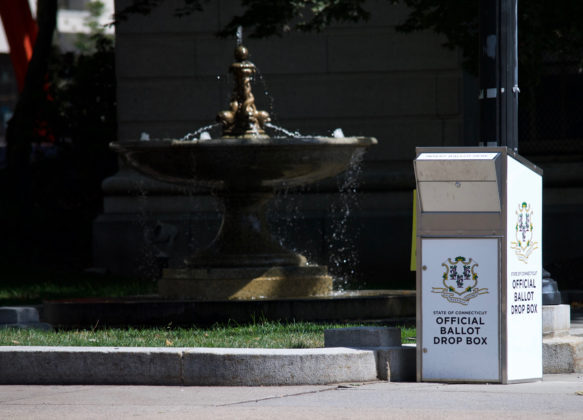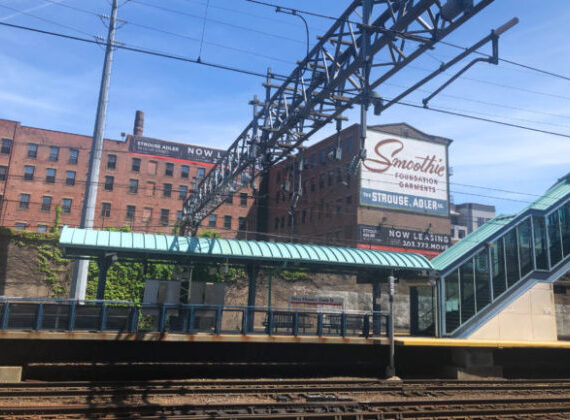Hartford’s census return rate has been among the lowest in the country, despite people going door-to-door (multiple times if nobody is home and even when a previous enumerator has noted seeing people waving guns on the property — they’re that serious about trying to count everyone) and residents having the option to file electronically and there being “complete the census” messages everywhere. People have even been bribed with ice cream to give very little personal information. The census secures money for the City, and if you’re more selfishly motivated, these records can be useful to your descendants who decide they want to learn something about their great-greats on the side of the family that no one talks about. And still, Hartford lags.
To an extent, the pandemic has interfered with the census, and it likely will with voting, but people (1) like to make excuses for not participating, and (2) are often lacking education about the point of civic participation.
There are others who have been disenfranchised prior to this pandemic — imprisoned felons, or anyone who served time for committing a felony-level crime and can’t navigate the process to restore voting rights. . . which is to say, anyone who got arrested for and could not wrangle their way out of a felony.
Perhaps my viewpoint is overly simplistic, but I think about what good parenting looks like. If a child, let’s say, punches another kid in the face on the playground, it seems sensible to talk about what happened to learn all the details, and then decide on and enforce a punishment. Reasonable punishment would be restricting the puncher for a set time period. No time with friends for ___ days and no toys or screen time for ___ days. The child would still be fed and housed, and would definitely continue attending school (whatever that looks like these days) because schooling is being involved in society. There may be some variations on this, but we know what bad parenting looks like when we see it, and that would involve depriving that child of basic necessities and education.
How can we not look at punishment for adults the same way? It’s possible to maintain someone’s basic human rights and encouraging positive civic engagement, while absolutely keeping them in time out.
Maybe I care about this because I know statistically, living in Hartford, I am more likely to have former inmates in my neighborhood — on my block — than someone in Avon. It is in my own selfish interest that these neighbors have been rehabilitated. That their time away has meant quality counseling, learning job skills, and just generally growing as human beings. Focusing on whether or not someone in prison has suffered enough seems shortsighted and petty.
If we want that kid to stop punching the brat down the street, it can’t just be about making him feel ostracized, with one punishment on top of the next. There needs to be something in his timeout that helps him to understand what was wrong with his actions and how to better manage his emotions, with the child learning what it means to be part of society, rather than as an individual who thinks only of himself. We understand that children have the capacity to change; why are we not extending this type of justice to adults, who also have the ability to change?
As of 2019, only two states — Vermont and Maine — did not restrict a person’s right to vote because of the citizen’s involvement in the justice system. How can we look at the hurdles surrounding regaining voting rights as anything but an extension of Jim Crow Era poll taxes and literacy tests?
( See more: https://www.sentencingproject.org/publications/felony-disenfranchisement-a-primer/ )


